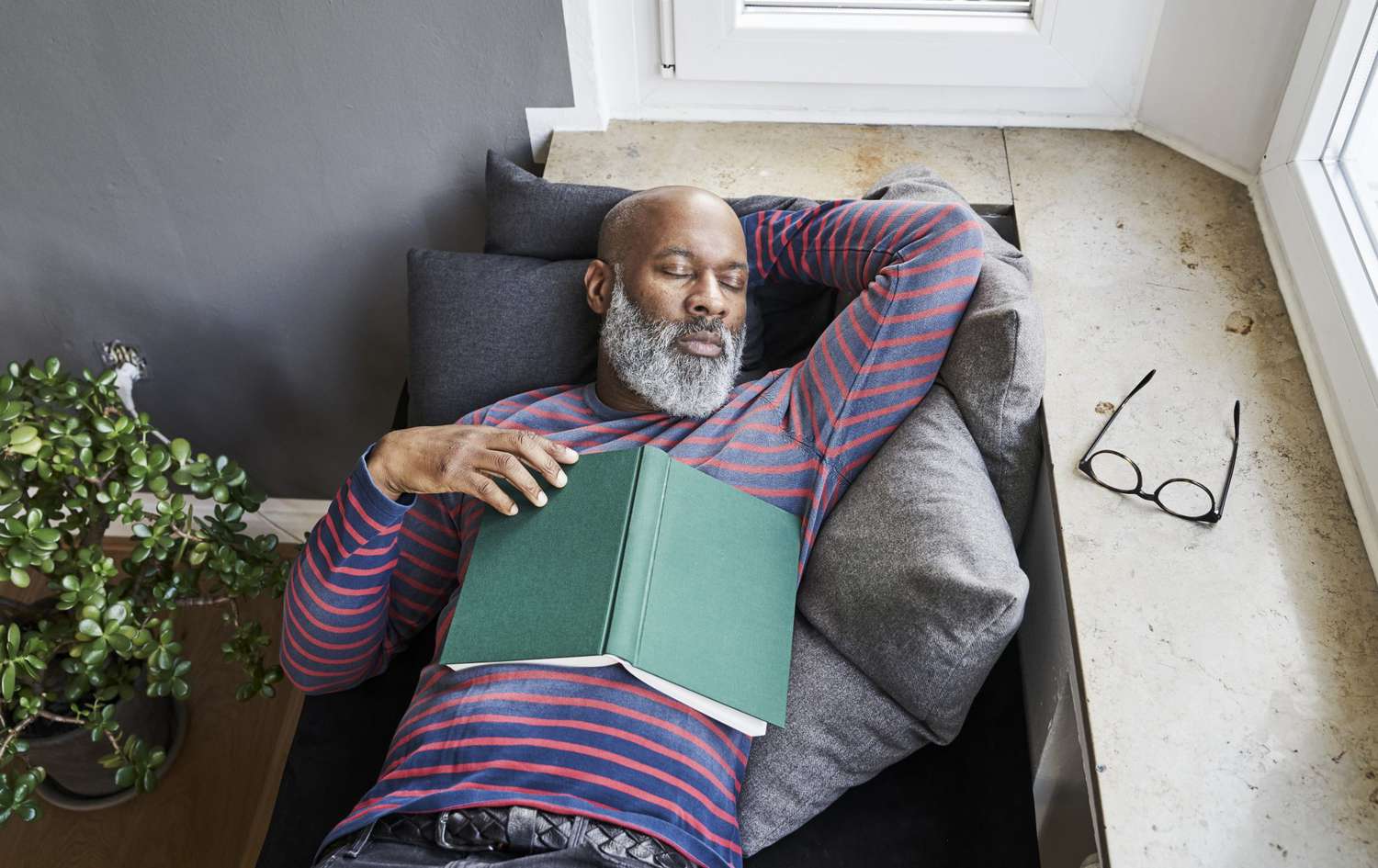Not sure how you are going to manage this if still working. Managers won't acknowledge your science backed reason.
Scientists have long known that getting a solid amount of sleep is essential for our overall wellness, but according to new research, when you are getting more rest can make all the difference. A study published in General Psychiatry revealed that catching some z's regularly during an afternoon nap could actually help your mental agility. Their findings? People are able to have strong awareness of where they are, verbal skills, and memory overall.
To get to their conclusion, the researchers studied 2,214 healthy people over the age of 60 in China cities, namely Beijing, Shanghai, and Xian. They found that 1,534 of the subjects took afternoon naps on a routine basis, while the other 680 stayed awake. While both groups average six-and-a-half hours of sleep at night, those who napped in the afternoon got between five minutes to two hours of extra sleep after eating lunch. Some nap participants mentioned that they got their afternoon rest each day and others just once a week.
Each participant also went through health checks, like the Mini Mental State Exam (MMSE), to see if they experienced dementia. These tests included 30 different measurements of cognitive strength and functioning, such as visuo-spatial skills, memory, attention span, problem-solving skills, locational awareness, and verbal ability. The findings noted that those who napped had higher MMSE scores, specifically with the locational awareness, verbal ability, memory skills.
The team noted that more research on this topic will be helpful, as the specific amount of napping time varied among the participants. They do believe that the ease of inflammation takes place when people nap during the middle of the day. "Sleep regulates the body's immune response and napping is thought to be an evolved response to inflammation; people with higher levels of inflammation also nap more often," the researchers explained.

No comments:
Post a Comment